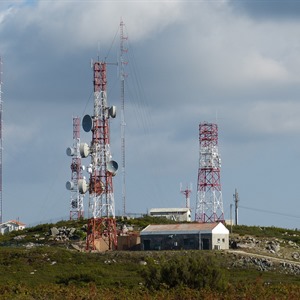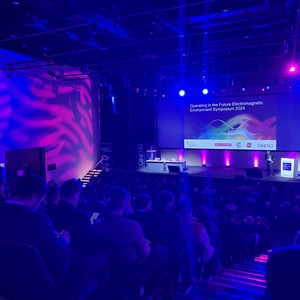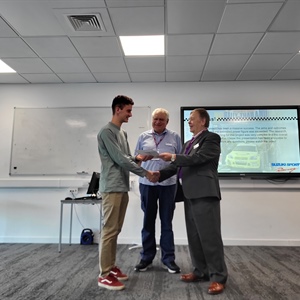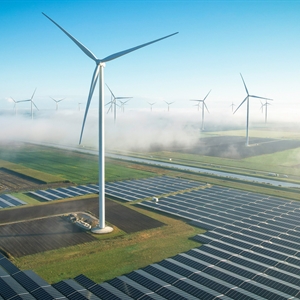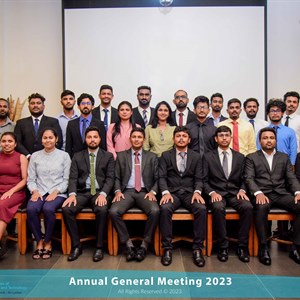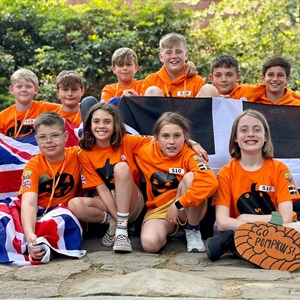Motorbikes, fuel cells and door panels - all in a day's work
She wanted to be a maths teacher, but became an engineer instead. After working as a systems engineer, a design engineer and a senior mechanical engineer, the world is now her oyster. Meet Marisa Kurimbokus , this year's winner of Young Woman Engineer of the Year Who I am My name is Marisa Kurimbokus. I'm a chartered Engineer with a career spanning over a decade in product design and systems engineering within the automotive and power electronics industries. What inspired you to get into engineering? Ultimately, I was a teenager who really enjoyed maths and physics. I wanted to help people, but I didn't know how to do that. Coming from two non-professional immigrant parents, I didn't know what a professional career could look like. I decided I should become a maths teacher because…








